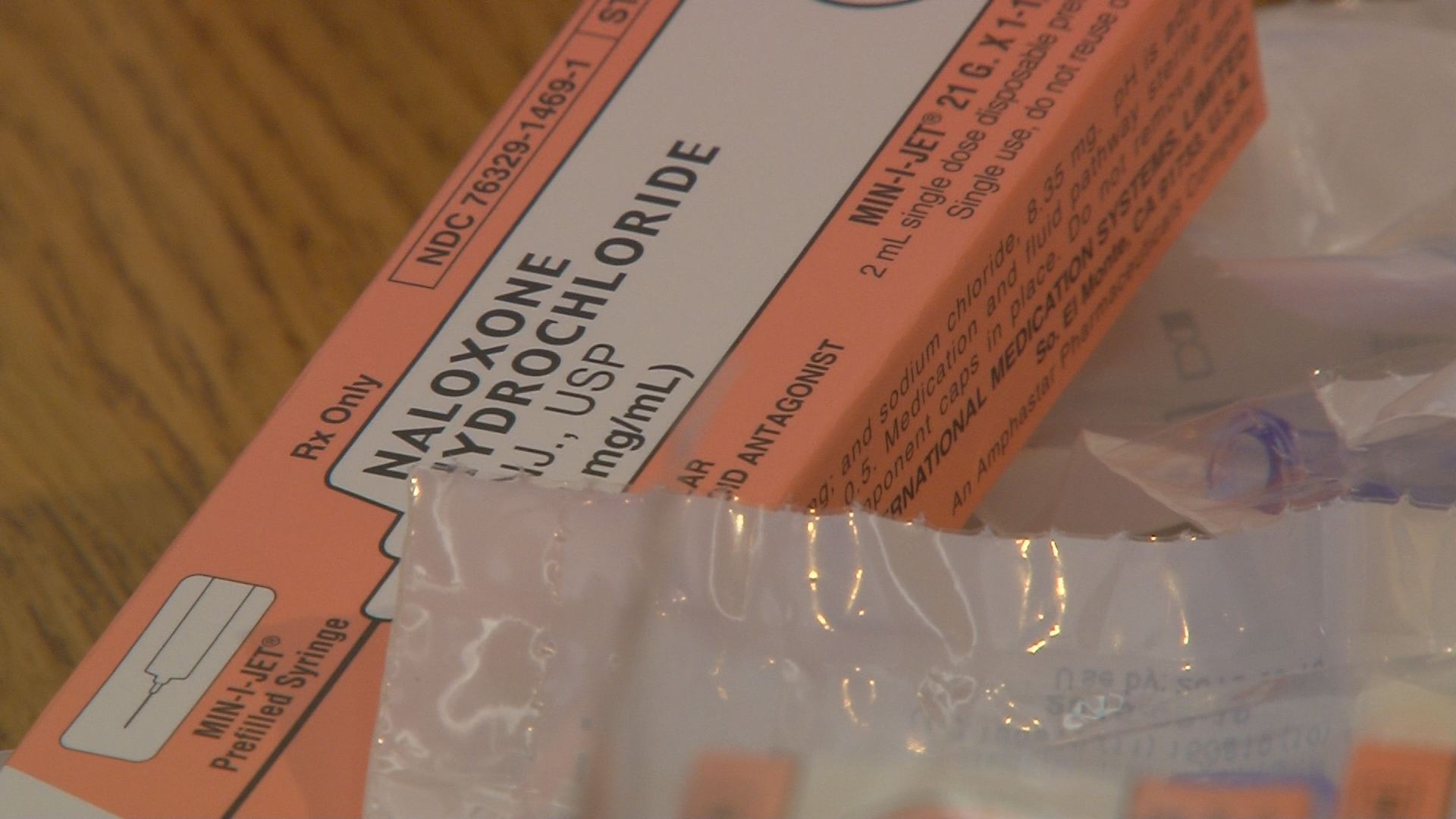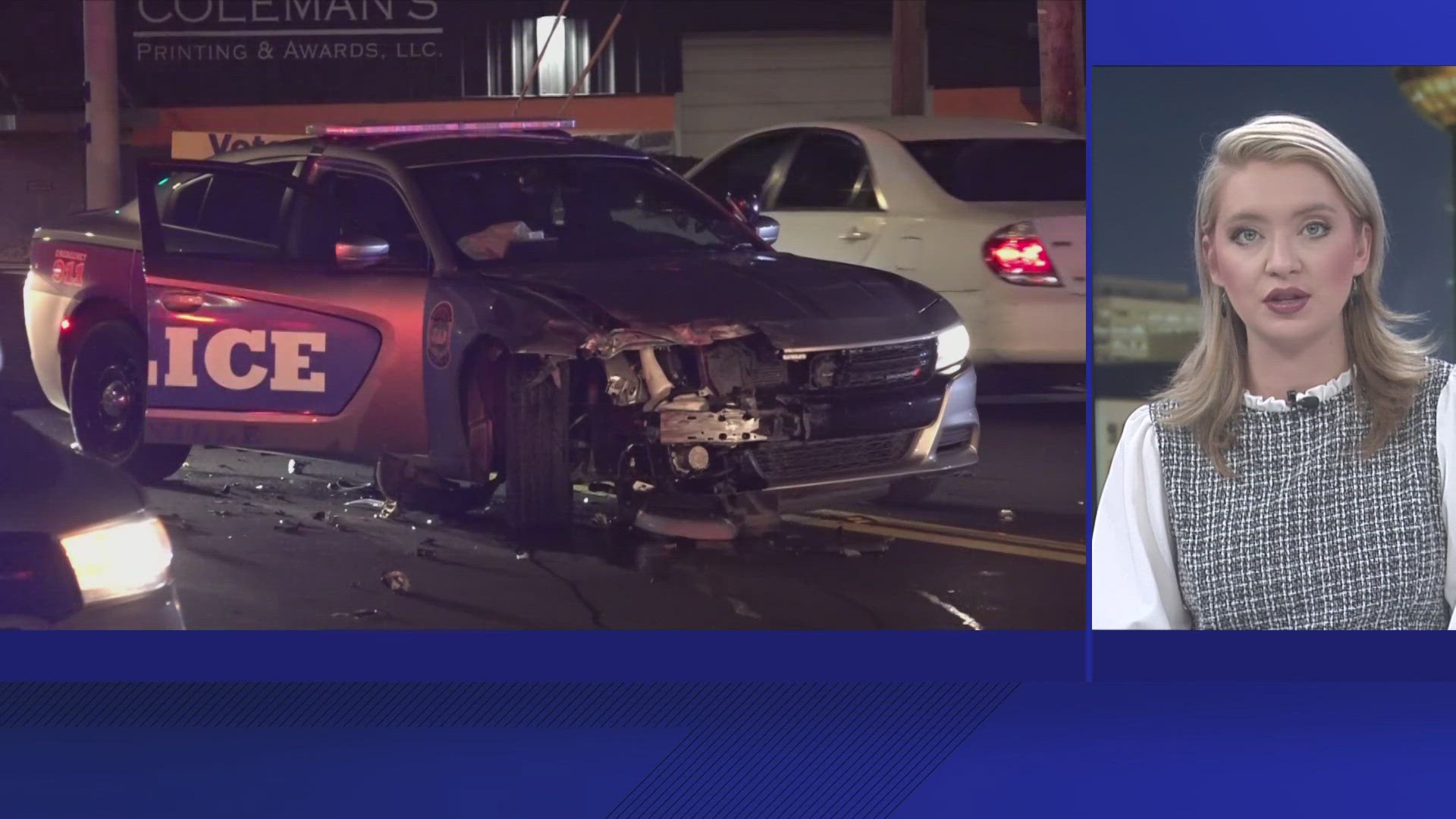(WBIR-KNOXVILLE) It's the first time some Tennessee residents are learning how to use a life-saving drug called Naloxone.
A group called Tennessee Overdose Prevention has only been established for a few months. But after the state passed the "Good Samaritan" law in July of 2014, which allows someone to administer Naloxone to a person who looks like they have overdosed, group organizer Betsy Tant has made it her responsibility to teach the public how to use it.
"It's a very, very, very safe drug," Tant said. "It will not help with other kinds of overdose. It's only for opioid overdose, so it's not going to help with meth, cocaine or any kind of stimulants."
Her motivation is personal.
"If they had had naloxone or if they had called for help because paramedics will have it, he would probably be alive."
In 2010, her nephew, Henry Granju, died of drug overdose. Now, Tant wants to prevent this from happening to anyone else.
"Administering it is not that difficult, but there are other steps that people don't realize you have to take," Tant said.
That's why she got certified to train others to prevent drug overdose.
Tant said if someone is suffering from drug overdose, you should rub their sternum to see if they're breathing. After calling 9-1-1, you should then administer five rescue breaths. Then, the naloxone comes into play.
"In between rescue breaths, we're using the inter-nasal, you squirt half of it up one side and half of it up the other side of the nose," she said. "Then, after that, you continue rescue breaths until hopefully they come too."
"It's basically getting them out of it quickly before it does brain damage, and their organs, the respiration starts to shut down, and then you kind of hand it off to the paramedics."
Others have already expressed interest in training sessions.
"If I could tell one person about it and share and get them resources, then I think sometimes, you never know how far-reaching that could be for people," training participant and retired nurse SuAnne Cobb said.
Cobb said it's about time the state takes action against overdose.
"It's just reached epidemic proportions."
The state confirmed 1,263 drug overdose deaths last year, which is nearly 300 more deaths than in car crashes. Knox County alone confirmed 133 drug overdose deaths in 2014.
"It really needs to be better publicized and treated as an illness and an addiction rather than something that's shameful."
While Tant believes naloxone use will make a huge difference in the number of deaths, she says following up with someone who has overdosed is vital.
"It's not like a miracle drug in that you give it to them and they're fine, they get up and walk away," Tant said. "The most important step of all is calling 9-1-1."
"A lot of times, they get revived and they go to a hospital. They bounce back pretty quickly, and they walk out the door, and here we are dealing with it all over again."
Tant said Tennessee Overdose Prevention's next training session is November 15th at 4 p.m. St. James Episcopal Church on North Broadway will host the event.


